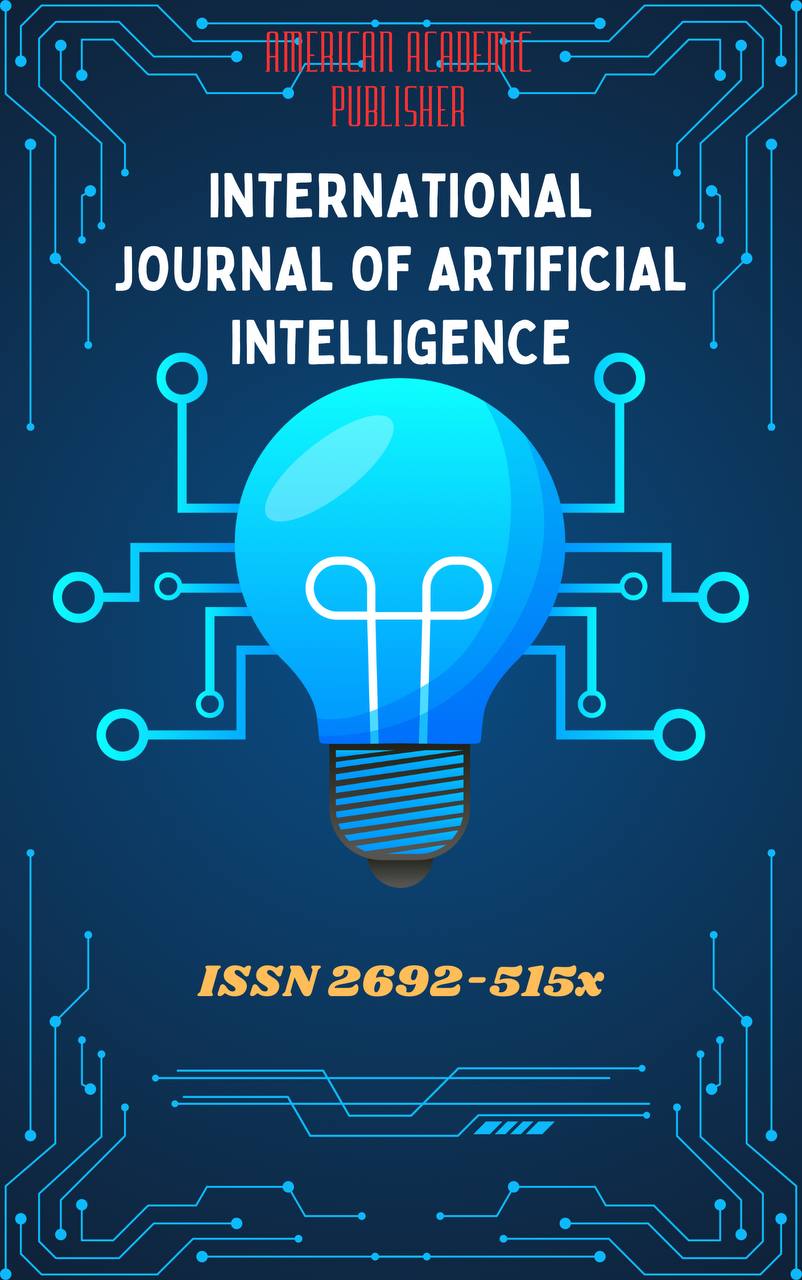 Articles
| Open Access |
Articles
| Open Access | THE GOALS AND LEARNING STYLES OF LAW STUDENTS IN LEARNING ESP (ENGLISH FOR SPECIFIC PURPOSES)
Abdullaeva Laziza Abrorovna , University of world economy and diplomacy, doctor of philosophy (PhD) in philological sciencesAbstract
This paper explores the goals and learning styles of law students engaged in English for Specific Purposes (ESP) education. It highlights the significance of aligning ESP instruction with students' professional needs and preferred learning methods to enhance engagement, motivation, and overall academic success.
Keywords
References
Hutchinson, T., & Waters, A. (1987). English for Specific Purposes: A Learning-Centred Approach. Cambridge University Press.
Dudley-Evans, T., & St John, M. J. (1998). Developments in English for Specific Purposes: A Multi-disciplinary Approach. Cambridge University Press.
Hyland, K. (2006). English for Academic Purposes: An Advanced Resource Book. Routledge.
Flowerdew, J., & Peacock, M. (2001). Research Perspectives on English for Academic Purposes. Cambridge University Press.
Basturkmen, H. (2006). Ideas and Options in English for Specific Purposes. Lawrence Erlbaum Associates.
Kolb, D. A. (1984). Experiential Learning: Experience as the Source of Learning and Development. Prentice Hall.
Reid, J. M. (1987). The Learning Style Preferences of ESL Students. TESOL Quarterly, 21(1), 87–111.
Kennedy, C., & Bolitho, R. (1984). English for Specific Purposes. Macmillan.
Article Statistics
Downloads
Copyright License

This work is licensed under a Creative Commons Attribution 4.0 International License.

